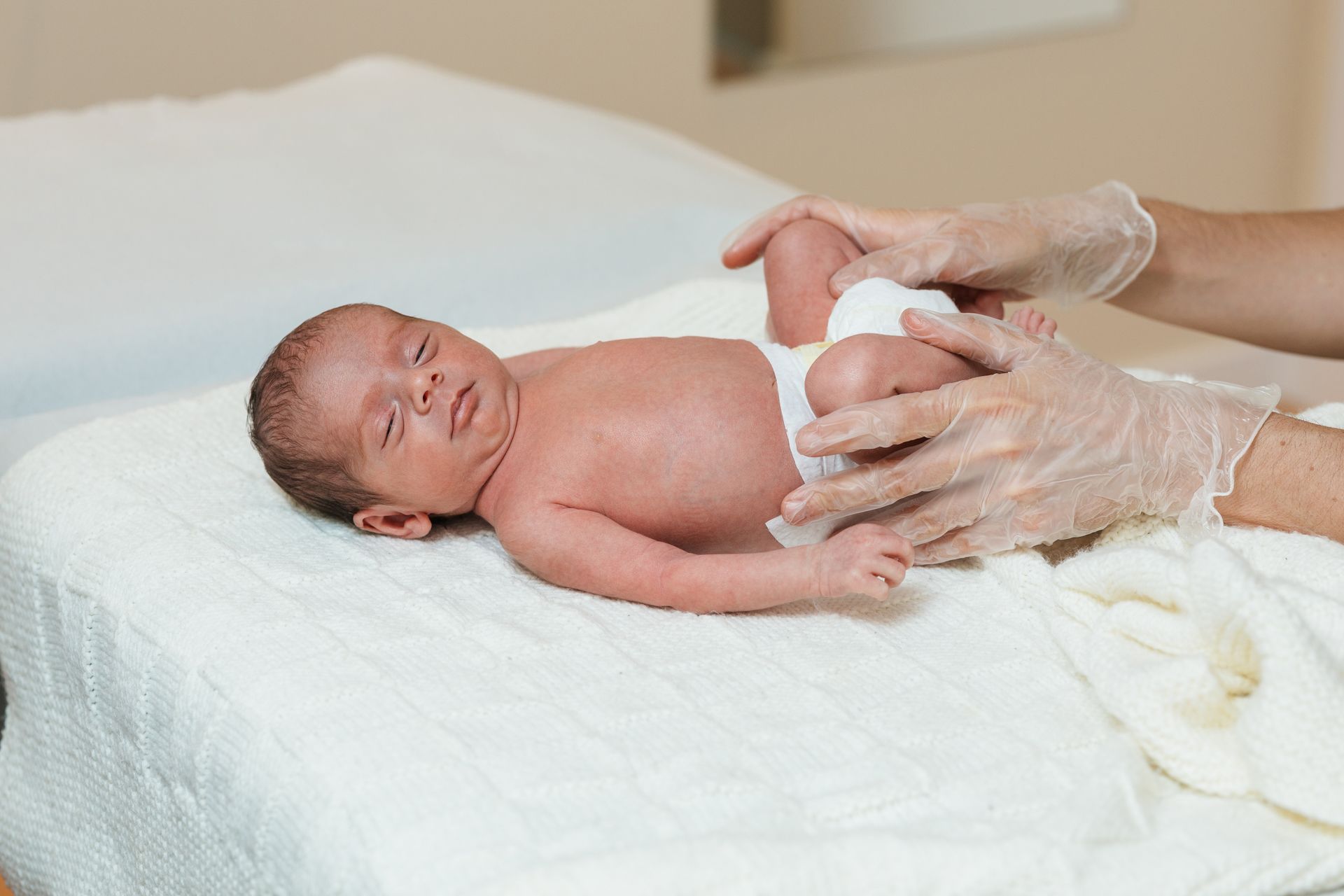
Conveniently reserve your spot with just a few clicks through our easy-to-use online booking system.


Circumcision is a surgical procedure that removes the foreskin, the skin covering the tip of the penis.
You are not required to provide a referral letter from your doctor or GP.
Start a visit quickly and discreetly whenever works best for you.
Our doctors review symptoms, prescribe treatments if needed.
Proceed with your healthcare journey as you wish. You're in control.
You control medical records, access anytime.
Circumcision in adults is carried out for various reasons, such as medical, religious, cultural, or personal considerations. Here are some situations why adults might get circumcised:
This happens when the foreskin is too tight to retract over the head of the penis. It causes pain or difficulty during urination or sexual activity.
An inflammation or infection of the foreskin that doesn't respond to other treatments.
A condition where the retracted foreskin cannot be returned to its original position, leading to swelling and potential circulation issues.
various conditions affecting the foreskin, such as scarring, traumatic injuries, or recurring infections
Existing research claims that circumcising a penis can reduce the risk of getting HIV. Still, there is no conclusive data that proves it can prevent other sexually transmitted infections. There is also research showing that circumcision may reduce the risk of developing a urinary tract infection.
Some adults may choose circumcision to align with cultural or religious beliefs. Others might opt to remove the foreskin because of hygiene or aesthetic preferences or because they believe this will change sexual sensations.
Before opting for adult circumcision, it's crucial to consult with a healthcare provider, such as a consultant urologist, who can evaluate your specific situation, discuss the reasons for considering circumcision, and advise whether the procedure is appropriate and necessary based on individual health circumstances.
Circumcision performed on babies is often a cultural, religious, or familial practice, though it can also be done for medical reasons. Here are several reasons why circumcision might be performed on newborn boys:
Circumcision is a significant ritual or tradition in some religions, such as Judaism and Islam and is often performed as a symbol of faith and part of cultural identity.
Some studies suggest that circumcision in infancy might reduce the risk of urinary tract infections (UTIs) during early childhood.
Circumcision may lower the risk of specific penile issues, such as balanitis (inflammation of the glans) or phimosis (tight foreskin) later in life.
Some parents might opt for circumcision based on familial traditions, personal beliefs, or aesthetic preferences.
Сontact us to schedule an appointment or learn more
Conveniently reserve your spot with just a few clicks through our easy-to-use online booking system.
Have a question or request? Drop us a message, and our team will get back to you promptly.
Feel free to give us a call, and our friendly staff will be glad to assist you over the phone.
It is important to note that opinions on the necessity of circumcision vary among medical professionals and organisations, particularly in cases where the benefits are not medically imperative. The decision to undergo circumcision often involves personal or cultural factors, so it's recommended to discuss the procedure thoroughly with a consultant urologist and make an informed decision based on individual circumstances and risks. Some of the risks you should be aware of are:
As with any surgical procedure, circumcision carries risks such as bleeding, infection, and adverse reactions to anaesthesia.
Both during and after the procedure, individuals may experience pain, discomfort, and swelling.
Some individuals report dissatisfaction with the appearance or changes in sexual sensation after circumcision.
Though rare, more severe complications like excessive bleeding, damage to the penis, or the need for corrective surgery can occur
Our facilities are regularly inspected to ensure compliance with the highest industry standards.
Quick access to parking and
public transport
Helpful, accommodating staff
Comfortable and
calming environment










